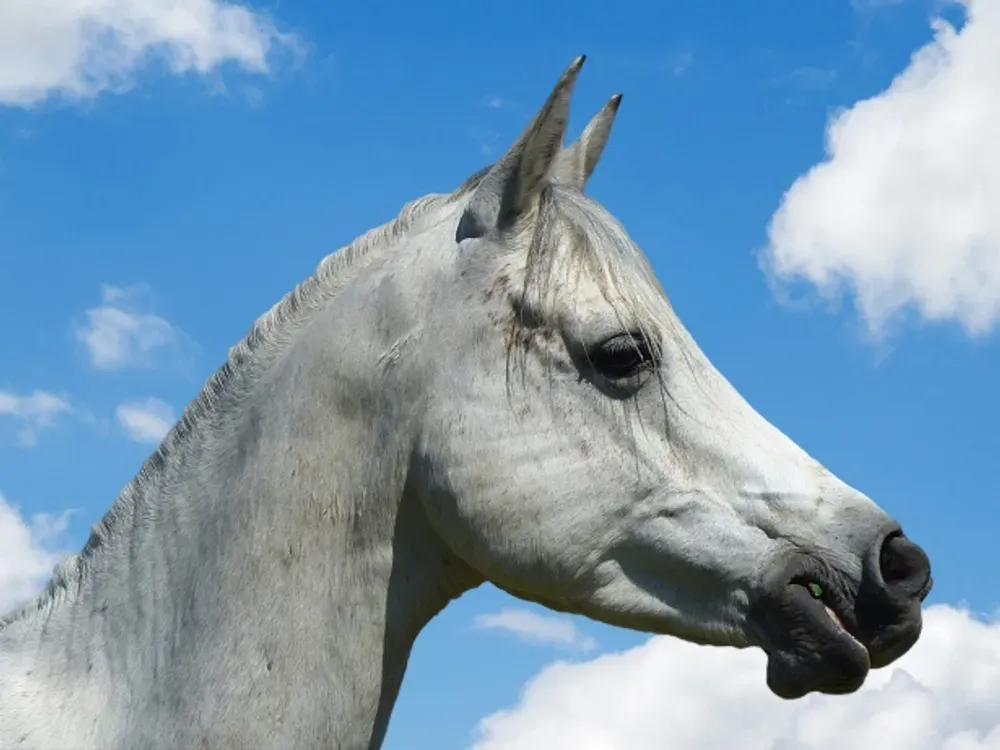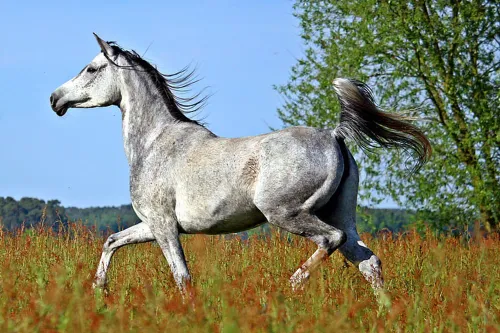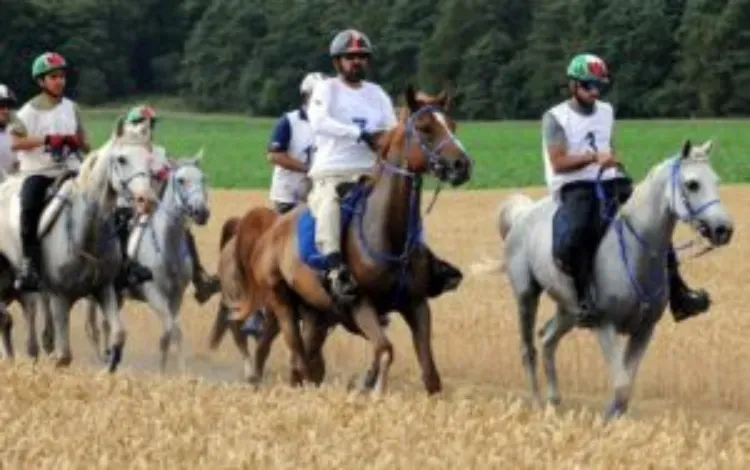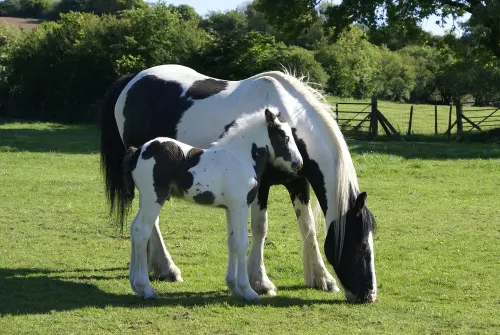
Table of Contents
The Arabian is an ancient horse breed. It has been bred in the Arabian peninsula for hundreds of years but is now found in nearly every corner of the world. There are many Arabian enthusiasts, but some people have strong negative feelings about the breed. In this article, we will explore the pros and cons of Arabians over other types of horses.
Why are Arabian horses liked?
An Arabian is instantly recognisable with a distinctive head shape, a short compact body, and graceful action. They are renowned for their beauty, spirit, intelligence and sensitivity. This means that they learn quickly. Many riders use Arabians as pleasure horses and for riding trails. They are also shown in hand and under saddle in specific classes for the breed.
Here are the main reasons for the Arabian horse's popularity.
- Soundness and resilience
- Weight-carrying strength
- Endurance and speed
Why are Arabian horses sound and resilient?
The Arabian's desert homeland ancestry has created a very tough breed of horse. Horses living in desert environments had to cope with extreme temperatures, limited fodder and water. Under these conditions, the survival of the fittest ensured that only horses with the toughest of genes lived when others would perish. These qualities persist and set the Arabian apart from most horse breeds.
Why can Arabian horses carry heavy riders?
Traditionally these horses were small, with a height from approximately 14.3hh to 15.1hh. However, they are now being bred with a little more height and the occasional 16hh Arabian is found. Arabians are not heavily built but are very strong for their frame size and this is due to the following reasons.
- The average Arab has one less rib and one less lumber vertebra bone than other horses. This gives them short, strong backs and loins.
- A very good ratio of bone circumference measured below the knee to their frame size and their weight.
- Dense bone in comparison to many horse breeds.
It is not uncommon for 15hh Arabians to successfully compete in 100-mile endurance tests while carrying 15 stone (210 pounds) of rider and saddle. So the breed can carry fairly substantial weights and a 13-stone (182 pounds) rider and 20-pound saddle should not be a problem for a fit Arabian.

Article Suggestion
Arabian Horses Carry Heavy Riders
Arabian Horses in Endurance Riding
These small and very fit horses are all carrying full-grown men in 100-mile endurance tests of stamina and strength.
Why are Arabian horses disliked by many equestrians?
Many riders do not appreciate the Arabian's soundness, endurance, and strength and level five criticisms of the breed. These shortcomings are listed here.
- The Arabian has a lack of scope and less elastic paces in comparison to the modern warm-blood horse.
- The Arabian's back shape makes for saddle-fitting problems.
- The breed is too small for a tall rider.
- There are some diseases affecting Arabian foals.
Why do Arabian horses lack scope?
The Arabian horse has a short back and flat croup with a shoulder that is less sloping than the modern warm-blood horse. So they lack the scope for serious show jumping or eventing. They do not have the expressive and elastic paces of their warm-blood cousins and are not suited for advanced dressage. However, if you aim to compete at the riding club level a good Arab might be the horse for you, and the Arabian is the go-to horse for endurance riding and dominates this sport across the world.
Why do Arabian horses have saddle fitting issues?
The Arabian's short back is often accompanied by low withers and a wide shoulder which is a challenge for a saddler. The first problem is the short distance along the spine until the last full rib is located. An English-type saddle can not sit any further back than the last full rib and this generally means Arabians need a saddle with a shorter panel than is the norm. This also gives less room for the riders' bottom and this can be an issue for riders with big bottoms. The low wither and wide shoulder makes it harder for a saddle to stay in position and this is due to the horse's barrel shape. This can mean that girths are rather tight and this can be uncomfortable for the horse.
Nevertheless, Arabians are ridden and saddles can be made to suit their back shape. So this is not a problem if you have a good master saddler to fit your horse's back.
What health problems do Arabian horses have?
Arabian horses have evolved to thrive in semi-desert and desert conditions and are consequently prone to laminitis and metabolic disorders when turned out on good grazing. Excess calories quickly result in overweight horses and associated health problems. However, when kept in regular work and fed a low-sugar diet these little horses have few problems and thrive.
There are some genetic diseases affecting foals and these are serious enough to result in an affected foal being euthanized. These conditions are:
- Severe Combined Immunodeficiency Disorder (SCID)
- Cerebellar Abiotrophy (CA)
- Lavender Foal Syndrome (LFS)
- Occipitoatlantoaxial Malformation (OAAM)
However, these problems are known by Arabian breeders and do not affect adult horses.
The take-home message
Arabians are noted for being a long-lived and sound breed with exceptional endurance. They are strong for their frame size. and can carry fairly heavy riders. Arabians are intelligent, easy to train and they also like to bond with a sensitive owner. The Arabian is a cheap horse to keep and does not require a high calorific diet. The breed is also noted for hard sound feet that hold a shoe well.
Arabians are ideal for competitive endurance riding but are not suited for advanced dressage or serious jumping over large and technical tracks. However, they often perform well at the riding club level. Arabians require a knowledgeable and sensitive rider and this means that they are not suited to inexperienced riders or trainers. They easily learn bad habits from ignorant owners and will not tolerate being handled roughly.

Article Suggestion
Riding Cob: Advantages, Disadvantages, Types and Weight Carrying Capacities
